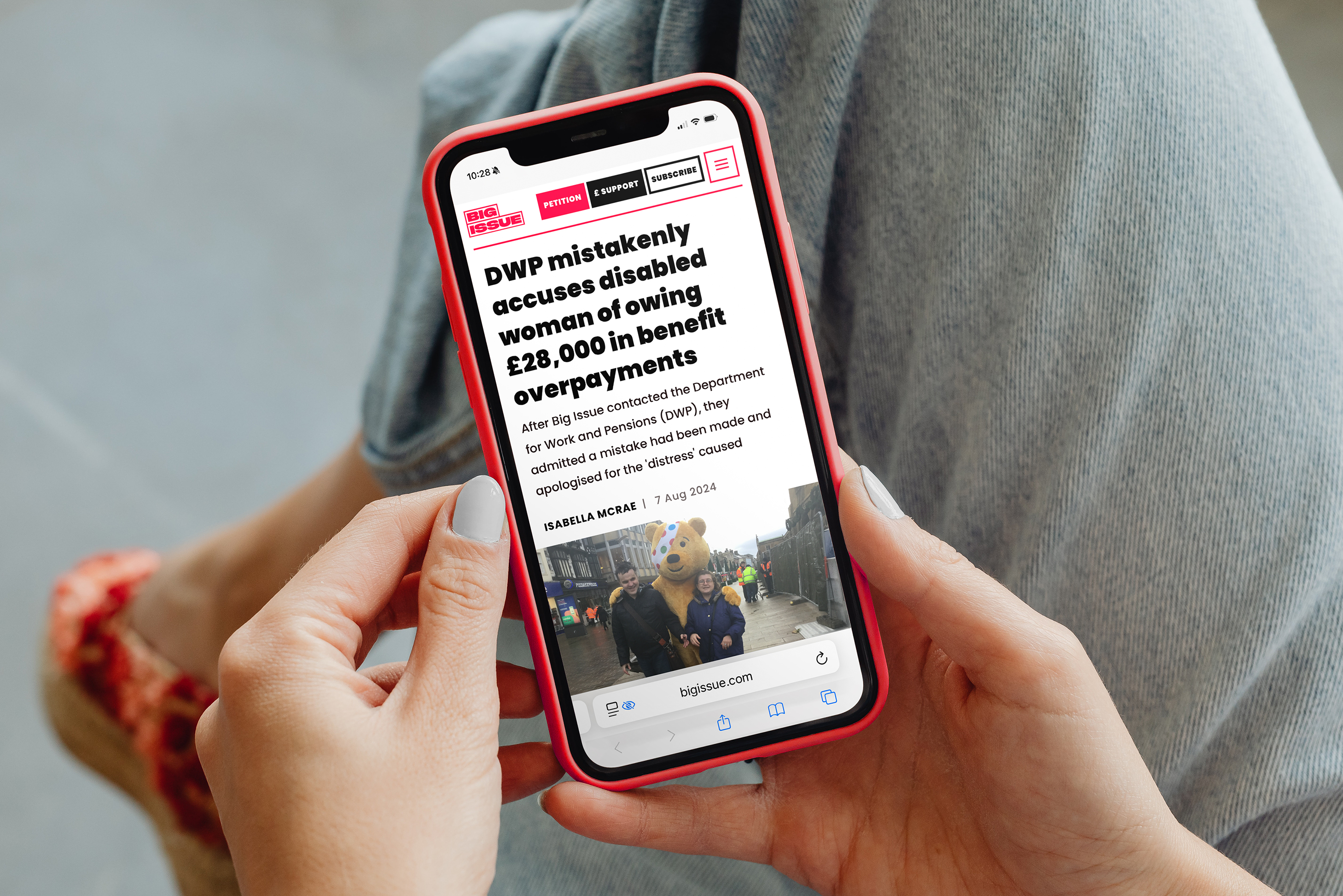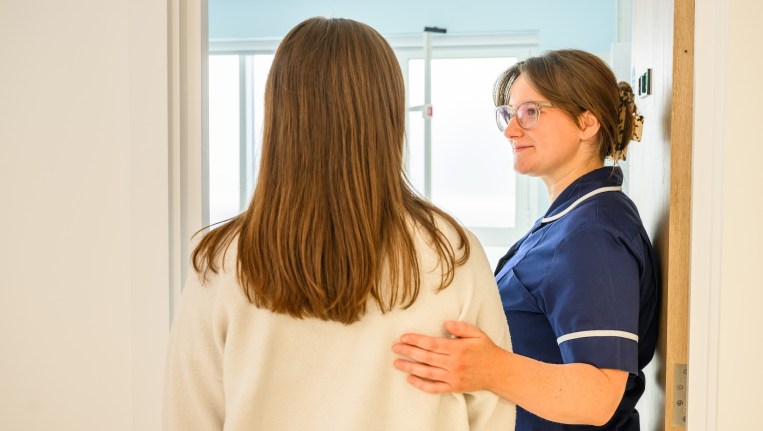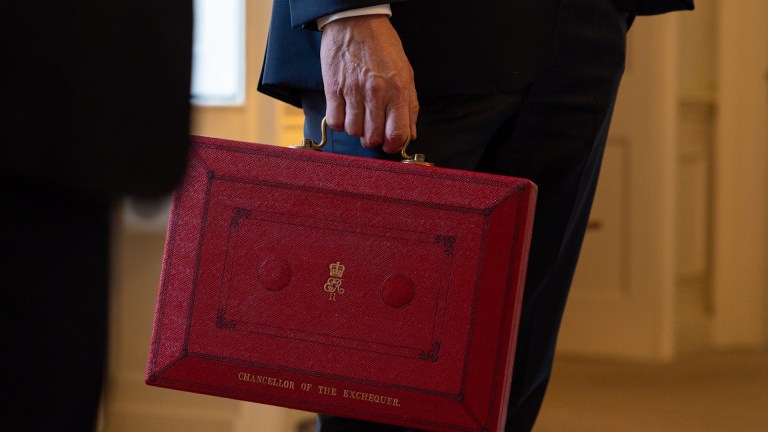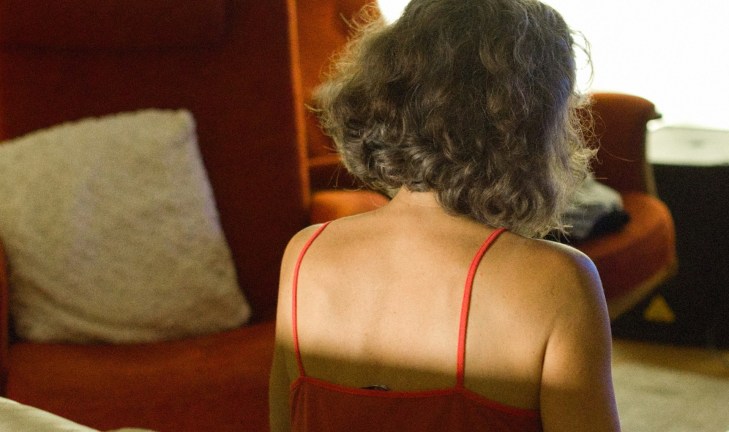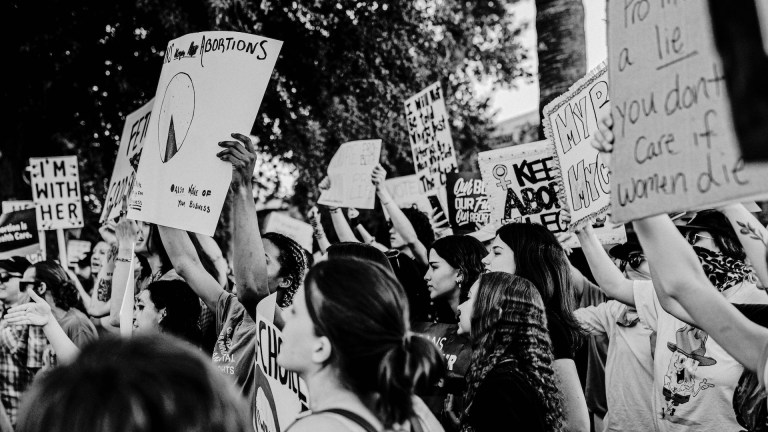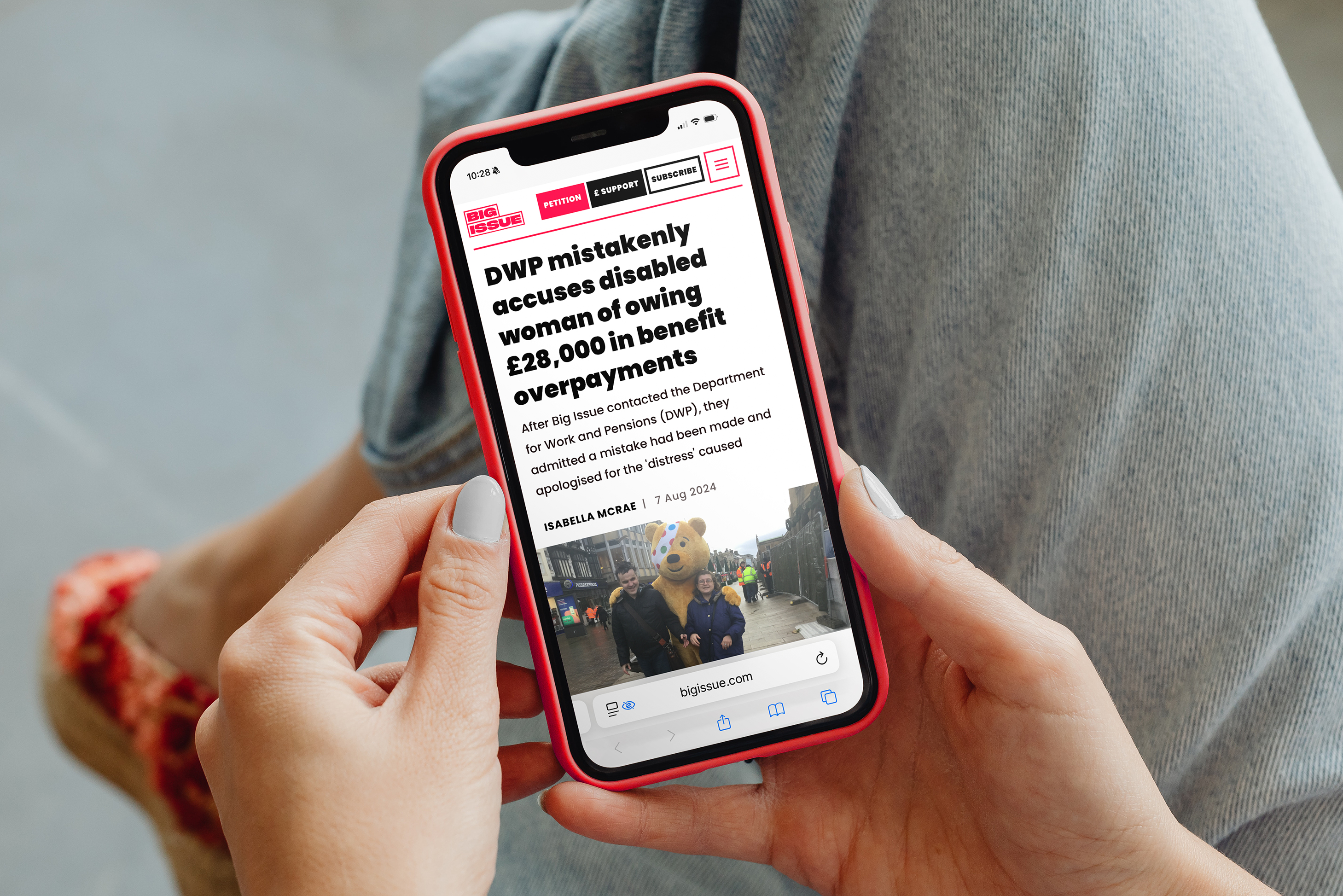Of 148 working parents impacted by the two-child limit who responded to a CPAG survey in the past year, 93% said the policy meant they struggle to pay for food and 84% said it affected their ability to pay for clothing, and 72% could not afford gas or electricity.
Half (49%) of people could not pay for childcare, 44% could not cover travel, and 43% were struggling with housing costs like rent and mortgage payments.
Shauna, who has three children and is impacted by the two-child limit on benefits, had to give up her work supporting adults with learning difficulties last year to care for her autistic son when he needed more support.
Her husband works full time as a learning support assistant in a school and they claim universal credit to support their family, but they receive no additional universal credit support for their youngest child because of the two-child limit.
“Two bills I received yesterday wiped out my account and although we’d planned to take the children to a museum as a treat on the last day of the school holiday, I had to cancel it because we didn’t even have money for the fare to get there,” Shauna said.
“Family is so important to me. I shield my children from the fact that we don’t have enough money to do things because I don’t want them to have the mindset that they are poor. I want them to believe that they can do anything in their lives but it gets harder to shield them as they get older because they’re more aware.”
Advertising helps fund Big Issue’s mission to end poverty
Abolishing the two-child limit is believed to be the most cost-effective way of reducing child poverty. According to CPAG, it would immediately lift 350,000 children over the poverty line and reduce the depth of poverty for many more, at a cost of £2 billion.
Martha, whose name has been changed, is a single parent to six children and works part-time as a nurse. She struggles financially without the universal credit child element for her four youngest children.
“The policy is punishing children – that’s what’s wrong with it,” she says. “I’m a taxpayer and my children will grow up and pay tax – the country expects them to – but when they need support now, there’s no help for them. They’ve been deserted.”
Martha wants to move to a higher band in nursing but cannot afford the childcare she needs to work the extra hours that would make this a possibility.
Another mum and nursing student Clare, who has three children, has considered giving up her training because of the financial pressure. She has had to turn to food banks to feed her children.
“The government needs to look at the bigger picture because the system is truly unfair, especially for hard-working, motivated people like myself who are trying to better their lives and provide the country with another nurse,” Clare said.
Advertising helps fund Big Issue’s mission to end poverty
CPAG analysed the extent to which poverty would be reduced for workers in different family types if the two-child limit was scrapped.
An example is a couple with three children with one parent working full-time and the other part-time, both on the minimum wage. They are currently hit by the two-child limit and are £2,000 under the poverty line. Without the policy in place, they would be lifted out of poverty and £1,500 above the line.
Another example is a lone parent with three children who works full-time for the minimum wage, who is currently hit by the two-child limit and £4,500 a year under the poverty line. If the policy were scrapped, they would be £1,000 a year under the line.
Single mum Sarah has a baby under one and two children in primary school, and she is a self-employed beauty therapist. Her Jobcentre work coach has told her she does not need to work until her youngest is two, but she feels she has to work to survive financially.
“I’m trying to work but feel like the government isn’t helping,” she said. “Lifting the two-child limit would make a big difference because it would just ease the financial depression that we’re in.”
A government said: “Every child, no matter their background, deserves the best start in life. That’s why our Child Poverty Taskforce will publish an ambitious strategy to tackle the structural and root causes of child poverty.
Advertising helps fund Big Issue’s mission to end poverty
“We are investing £500million in children’s development through the rollout of Best Start Family Hubs, extending free school meals and ensuring the poorest don’t go hungry in the holidays through a new £1billion crisis support package.”
Big Issue is also calling for reforms to protect people from poverty with its Poverty Zero campaign, urging the government to introduce legal targets for poverty reduction. People can sign the petition asking Keir Starmer to pass a Poverty Zero law here.
Do you have a story to tell or opinions to share about this? Get in touch and tell us more.
Reader-funded since 1991 – Big Issue brings you trustworthy journalism that drives real change.
Every day, our journalists dig deeper, speaking up for those society overlooks.
Could you help us keep doing this vital work? Support our journalism from £5 a month.
Advertising helps fund Big Issue’s mission to end poverty

